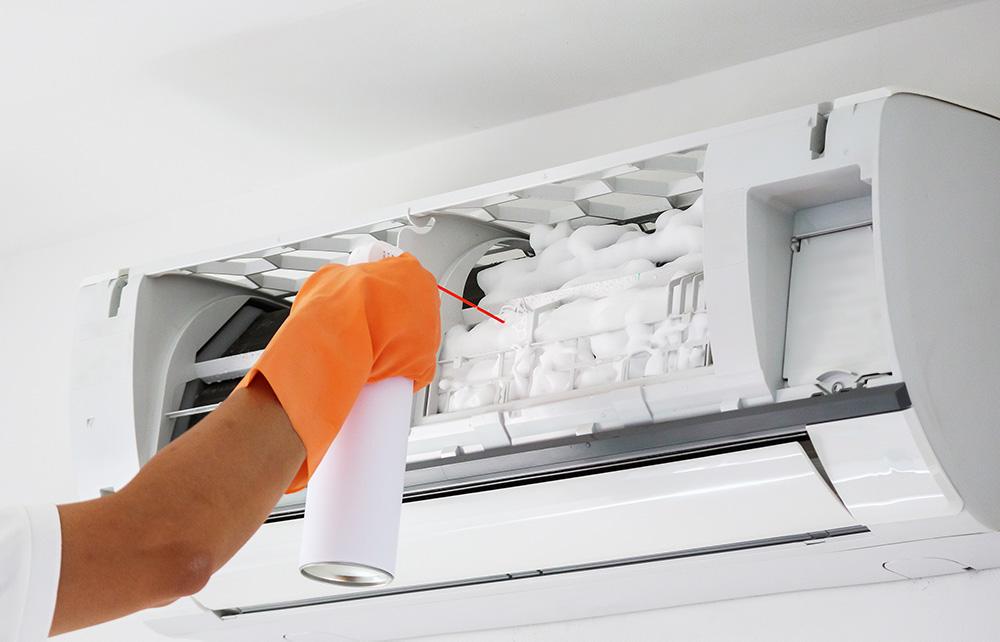Qualifying for a reverse mortgage can be a viable option for homeowners looking to convert part of the equity in their home into cash, especially during retirement. Unlike traditional mortgages or refinancing options, reverse mortgages are designed specifically for older homeowners, allowing them to access the equity they have built up in their homes without the obligation to make monthly mortgage payments. However, the eligibility criteria for a reverse mortgage do not focus on employment status in the conventional sense. Instead, lenders consider other factors to determine qualification. This comprehensive exploration will cover the essential aspects of reverse mortgage eligibility, focusing on the implications of being unemployed and how it affects one’s ability to qualify.
Understanding Reverse Mortgages
Before delving into the specifics of unemployment and its impact on eligibility, it’s crucial to have a foundational understanding of what a reverse mortgage is. A reverse mortgage is a loan available to homeowners who are 62 years of age or older, allowing them to convert part of the equity in their home into cash. The borrower does not have to pay back the loan until the home is sold, vacated, or the borrower passes away. The most common type of reverse mortgage is the Home Equity Conversion Mortgage (HECM), which is backed by the federal government.
Eligibility Criteria for a Reverse Mortgage
The primary eligibility requirements for a reverse mortgage focus more on the value of the home, the homeowner’s age, and equity in the property, rather than traditional employment or income sources. Here are the key criteria:
- Age: At least one homeowner must be 62 years or older.
- Equity: The homeowner must have significant equity in their home, usually at least 50%.
- Primary Residence: The property must be the homeowner’s primary residence.
- Financial Assessment: Lenders conduct a financial assessment to ensure the homeowner can afford ongoing costs associated with the home, such as property taxes, insurance, and maintenance.
The Role of Unemployment in Qualifying for a Reverse Mortgage
Being unemployed does not directly impact one’s eligibility for a reverse mortgage because the loan is primarily based on the homeowner’s equity in their home. However, the financial assessment part of the eligibility criteria does come into play. This assessment evaluates the homeowner’s ability to maintain their property taxes, homeowner’s insurance, and upkeep of the home. Here’s how unemployment could indirectly affect qualification:
- Income Sources: While traditional employment income is not a requirement, the lender will look at all income sources, including pensions, Social Security, retirement accounts, and any other assets that could support the homeowner’s ability to meet their financial obligations related to the home.
- Credit History: While the focus is not on income, lenders will review the homeowner’s credit history and cash flow to ensure they are financially stable enough to uphold their end of the bargain.
- Life Expectancy Set-Aside (LESA): In cases where potential borrowers do not have sufficient income to cover taxes and insurance, a lender might require a portion of the reverse mortgage proceeds to be set aside to pay for these future costs. This arrangement is known as a Life Expectancy Set-Aside (LESA).
Strategies for Unemployed Applicants
For those concerned about their unemployment affecting their eligibility for a reverse mortgage, there are several strategies to consider:
- Review All Income Sources: Consider all potential income sources, including annuities, investment income, or other assets that might demonstrate the ability to fulfill financial obligations.
- Credit and Debt Management: Work on maintaining a good credit score and managing debts effectively to pass the financial assessment more easily.
- Consultation with Experts: It’s advisable to consult with a financial advisor or a reverse mortgage counselor approved by the Department of Housing and Urban Development (HUD) to understand your options and prepare for the application process.
Conclusion
While being unemployed does not directly disqualify a homeowner from obtaining a reverse mortgage, the financial assessment required for approval does scrutinize the applicant’s financial health and ability to manage the ongoing costs of the property. By carefully managing finances and exploring all available income sources, unemployed homeowners can improve their chances of qualifying for this type of loan. A reverse mortgage can offer a financial lifeline by unlocking the equity built up in a home, but it’s important to approach this decision with a full understanding of the obligations and implications.
“Also, read our article on How to Transfer Ownership of a House with a Mortgage for valuable insights on navigating property transfers while managing mortgage obligations. Discover essential steps, considerations, and legal aspects involved in transferring ownership smoothly and efficiently. Ensure a seamless transition with expert guidance from our comprehensive resource.”
click here to visit website






